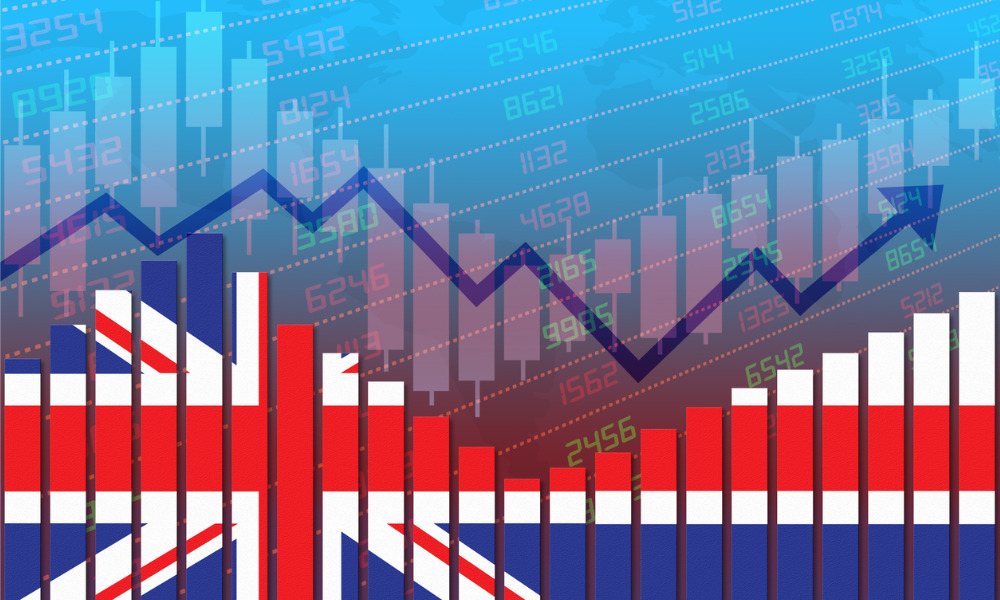Experts expect a 0.5% increase in the Bank of England base rate

Annual inflation remained at a high-level 8.7% in May, causing worry among mortgage industry experts that the Bank of England (BoE) could continue to raise the cost of borrowing tomorrow.
The latest consumer price inflation (CPI) figures released by the Office for National Statistics on Wednesday showed that CPI rose by 0.7% on a monthly basis, buoyed by rising prices for air travel, recreational and cultural goods and services, and second-hand cars.
“After last month’s fall, annual inflation was little changed in May and remains at a historically high level,” Grant Fitzner, ONS chief economist, commented. “The cost of airfares rose by more than a year ago and is at a higher level than usual for May. Rising prices for second-hand cars, live music events and computer games also contributed to inflation remaining high.
“These were offset by a fall in the cost of petrol. Food price inflation remains high, but the rate has eased slightly this month with costs rising more slowly than this time last year.”
Annual inflation was little changed in May 2023.
— Office for National Statistics (ONS) (@ONS) June 21, 2023
▪️ Consumer Prices Index including owner occupiers’ housing costs (CPIH) rose by 7.9% in the 12 months to May 2023, up from 7.8% in Apr.
▪️ Consumer Prices Index (CPI) rose by 8.7%, unchanged from Apr.
➡️ https://t.co/iwxGmxnuD0 pic.twitter.com/GdeEbAt7il
With annual inflation not inching closer to the government’s target of 2%, the BoE’s Monetary Policy Committee (MPC) may be forced to continue its streak of increasing the bank base rate, which was raised for the 12th consecutive time to 4.5% in May.
“Headline inflation continues to be an extremely difficult beast to tame, despite the Bank of England’s best efforts with relentless increases in base rate,” said Paul McGerrigan, chief executive at fintech broker Loan.co.uk.
“Mortgage borrowers on variable rates will be dreading the MPC’s decision tomorrow, it’s almost inevitable there will be more heartache and rates will go up again. The recent turmoil in the markets has already driven two-year fixed rates up to dangerously high rates for borrowers already struggling with the cost-of-living crisis.
McGerrigan, however, pointed out that the BoE “must tread carefully”.
“The post-COVID recovery continues to lag behind the US and Europe,” he noted. “Pushing rates too high, could cripple growth and increase the gap further. Fine margins and difficult decisions. Timing is crucial to avoid recession further down the line.”
According to Oliver Rust, head of product at independent inflation data aggregator Truflation, the latest inflation figures would likely cause quite a stir among markets and policymakers.
“This leaves the Bank of England with its back against the wall as it fights to tame the inflation beast, and the latest figures could tip the scales towards a 0.5% increase at tomorrow’s meeting,” he remarked. “In fact, the market is now expecting rates to reach 5.75% by December. While this may be overkill, a rise above 5% by the end of the year is now firmly on the table.
Justin Moy, founder of Chelmsford-based mortgage broker EHF Mortgages, agreed that the development “pretty much guarantees a 0.5% increase in base rate” tomorrow.
“The Bank of England has no other tools or means to attempt to reduce inflation, and lenders have already priced their products for this,” he said. ‘The fear of God has already been put into borrowers this month, and there are plenty of panicking borrowers already this morning in my inbox screaming for help.”
Rust added that until now, the UK market has taken rate rises in its stride, but further increases will likely begin to hit mortgage holders and the UK’s all-important banking sector, which employs more than 350,000 people across the nation.
“The tightrope policymakers now find themselves on will require a delicate balance, as they strive to avoid toppling the UK’s financial services into the abyss and setting the stage for a recession,” he concluded.



